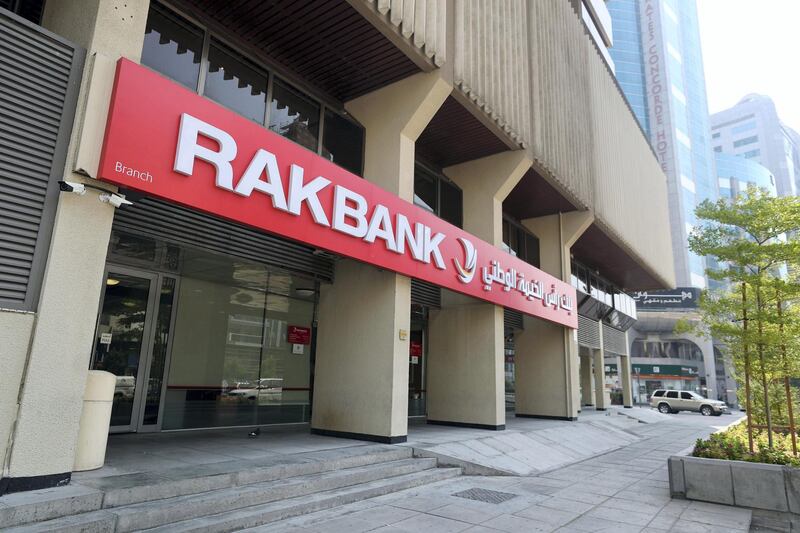I applied for a loan from RAKBank in April and received what they call an “instant money loan” but then the call centre offered a better interest rate as the first loan was at 23 per cent a year, which I didn’t realise as I had no paperwork. I spoke to the original agent to arrange a salary transfer loan last month. I sent the required documents and was told it would take about 10 days to complete. Towards the end of the month, the funds were showing on the bank’s online app but had not been released.
I followed up to find out when the funds would be released and was told I need to provide a liability letter from another bank, which he admitted he forgot to tell me about, and that would take seven working days. I queried this as the app was showing that the first payment was due in October, even though I would not have received the loan money by then and was not expecting it until the end of the month, per the WhatsApp conversations with bank staff.
I chased and even made a complaint as I did not see that I should make a repayment on a loan when the money had not been released to me. I did not get proper answers and it seems that I will have to pay a loan instalment for money I do not have, as well as payment on the expensive loan this is supposed to be replacing. The amounts are more than I can afford and I shouldn't be paying for what I don't have. I have a record of conversations and dates but am getting nowhere with the bank so can you help me please? SA, Dubai
This is a slightly confusing situation with a lot of delays. I agree that no one should be expected to make repayments on money that has not been advanced to them. I contacted RAKBank to ask them to look into the situation and their service excellence team immediately got in touch with Ms A. They then arranged to cancel the existing loan and credit the related payment back to her account. A new loan was then applied for and was processed with staff keeping in touch with Ms A. She is now much happier as the processes are being properly explained and she will not have to make the first repayment until December. A RAKBank spokeperson stated, “We have contacted Ms A and we confirm that her latest application for a personal loan is in process and we will update her with the outcome accordingly”.
In general, banks should make their credit requirements and terms more clear, but customers must also ensure they understand the costs and conditions before signing up for any loans or credit cards.
I was working in a cafe in Dubai but due to a family emergency I left and returned to India. The company asked for my Emirates ID card which I sent them. They told me by email they had registered a case against me for absconding and that I was terminated under Article 120 of the law. I now want to get a new job in the UAE. Do I have a one-year ban or is it permanent? DS, India
If an employer does not go to work or takes leave without permission, the employer is quite right to report them for absconding. This is covered in UAE Labour Law Article 120 which states: “The employer may dismiss the worker without prior notice in any of the following cases … should he be absent without valid cause for more than 20 non-consecutive days in one year, or for more than seven consecutive days.” There are multiple reasons in law but this is the relevant one in this situation.
To cancel the visa, the employer has to file an absconding case and then replace the employee or they may not get back the refundable bank guarantee they would have paid. Most employers will register an absconder as there are costs to their business if they do not take this course of action.
When someone is legally marked as an absconder they are ‘blacklisted’ and are banned from entering the UAE for at least a year in accordance with Article 128 of UAE Labour Law which states: “Should the non-national worker leave work without a valid cause prior to the end of the contract with definite term, he may not get another employment even with the permission of the employer for a year from the date of abandonment of the work. No employer may knowingly recruit the worker or retain in his service during such period.”
Once this one-year period has passed, DS may apply for a new job in the UAE.
Keren Bobker is an independent financial adviser and senior partner with Holborn Assets in Dubai, with over 25 years’ experience. Contact her at keren@holbornassets.com. Follow her on Twitter at @FinancialUAE
The advice provided in our columns does not constitute legal advice and is provided for information only







